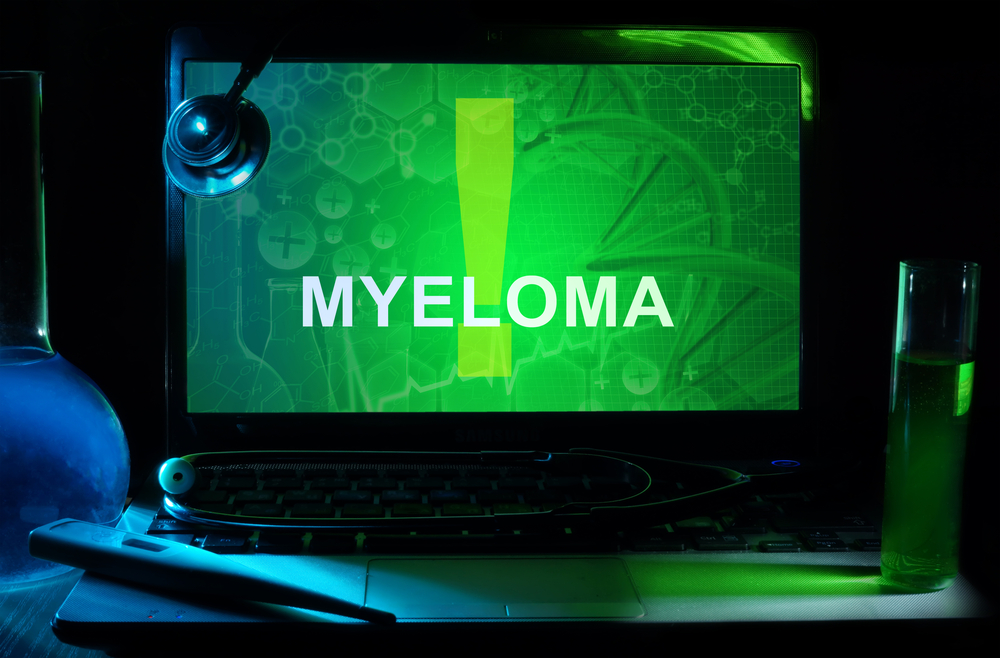The US Food and Drug Administration has accepted Bristol-Myers Squibb Company’s and AbbVie’s joint Biologics License Application (BLA) for Empliciti’s (elotuzumab) priority review. Empliciti is an experimental Signaling Lymphocyte Activation Molecule (SLAMF7)-directed immunostimulatory antibody, for the treatment of multiple myeloma as combination therapy in patients who have received one or more prior therapies. This BLA acceptance follows shortly after the drug’s US FDA Breakthrough Therapy Designation, and Marketing Authorization Application acceptance from the European Medicines Agency (EMA) for accelerated review.
“Bristol-Myers Squibb is delighted by the approach both agencies have taken to review the Empliciti applications as it underscores the unmet medical need in the treatment of multiple myeloma and the role Immuno-Oncology may play,” said Michael Giordano, M.D., senior vice president, Head of Oncology Development, Bristol-Myers Squibb. “The acceptance of our applications by the FDA and EMA brings Bristol-Myers Squibb’s Immuno-Oncology science a step closer to helping patients with hematologic malignancies.”
The FDA based its approval on the positive findings from ELOQUENT-2, a Phase 3, randomized, open-label study, which evaluated Empliciti when given with lenalidomide and dexamethasone, against treatment with lenalidomide and dexamethasone alone. The findings of this study were published in The New England Journal of Medicine on June 2. The BLA filing was also backed by results from study CA204-009, a Phase 2, randomized, open-label trial which evaluated Empliciti with bortezomib and dexamethasone, versus bortezomib and dexamethasone alone. These Phase 2 results were presented in an oral session (Abstract #S103) at the 20th Congress of the European Hematology Association (EHA).
“AbbVie is encouraged by the FDA’s decision to award priority review to this application,” said Gary Gordon, M.D., vice president, oncology clinical development, AbbVie. “AbbVie is committed to the development of novel treatment options for people affected by cancer.”
Multiple myeloma is a type of blood cancer that develops in the bone marrow and occurs when a plasma cell, a type of cell in the soft center of bone marrow, becomes cancerous and starts to proliferate uncontrollably. Even though there have been sefveral advances in multiple myeloma treatment over the last decade, it is still mostly an incurable disease with only 45% of patients surviving five years after diagnosis. It is estimated that annually more than 114,200 new cases of multiple myeloma are diagnosed around the world and annually more than 79,000 people die from the disease.
Autologous stem cell transplantation (SCT) is one treatment procedure for multiple myeloma, non-Hodgkin lymphoma, and Hodgkin lymphoma that has shown clinical success. However, there is room for improvement in the efficacy of this approach. Researchers at Barbara Ann Karmanos Cancer Institute believe that one way of improving SCT is to administer dasatinib to patients in the 3 to 15 month time frame following SCT. This hypothesis is currently under scrutiny in the recruiting clinical trial, “Dasatinib for Modulating Immune System After Autologous Stem Cell Transplants for Multiple Myeloma, Non-Hodgkin, or Hodgkin Lymphoma.”


